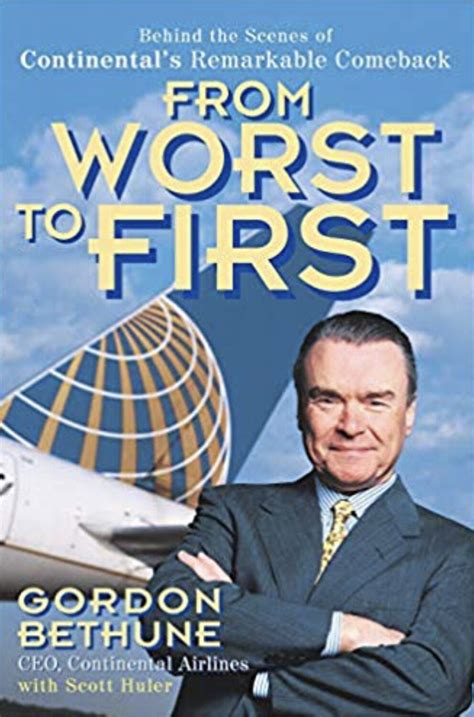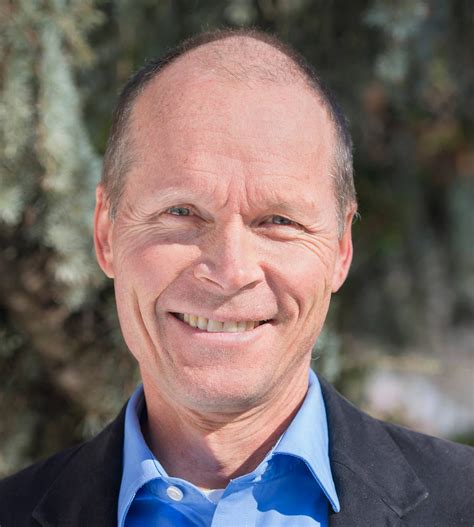A Quote by William Dean Howells
The difficulty is to know conscience from self-interest.
Quote Topics
Related Quotes
You know policy is driven purely in self interest. The Federal Reserve Bank and the commercial banks and the Wall Street banks are not acting in the interests of the population at large, they're acting purely in their own self-interest, which is a shame because they're actions dictate the reality for 300 million Americans. But they don't see it that way, they see it only as a way to preserve their own self-interest.
But what of the voice and judgment of conscience? The difficulty is that we have a conscience behind our conscience, an intellectual one behind the moral. ... We can see quite well that our opinions of what is noble and good, our moral valuations, are powerful levers where action is concerned; but we must begin by refining these opinions and independently creating for ourselves new tables of values.
There is no self-interest completely unrelated to others' interests. Due to the fundamental interconnectedness which lies at the heart of reality, your interest is also my interest. From this it becomes clear that "my" interest and "your" interest are intimately connected. In a deep sense, they converge.
We need to graduate from the ridiculous notion that greed is some kind of elixir for capitalism - it's the downfall of capitalism. Self-interest, maybe, but self-interest run amok does not serve anyone. The core value of conscious capitalism is enlightened self-interest. As Jim Cramer on CNBC says, "Bulls make money, bears make money, pigs get slaughtered."







































